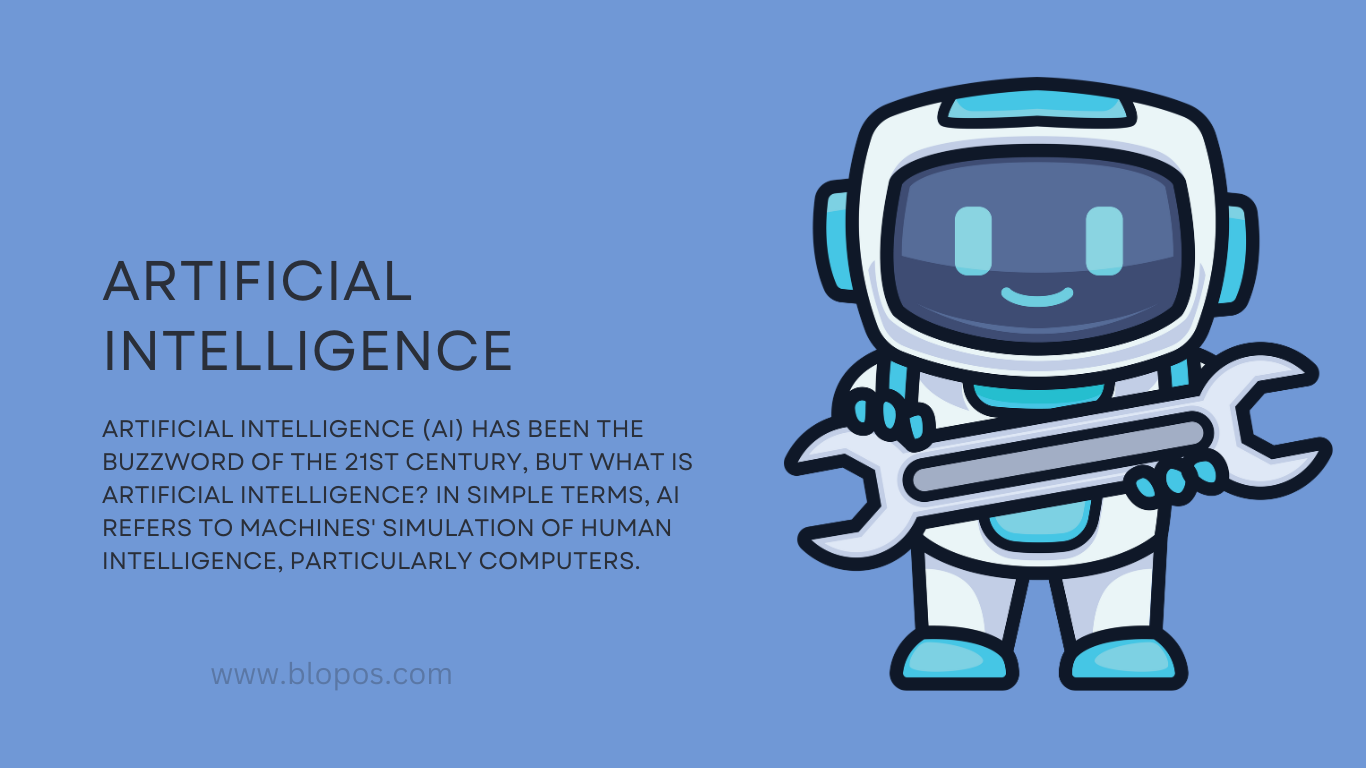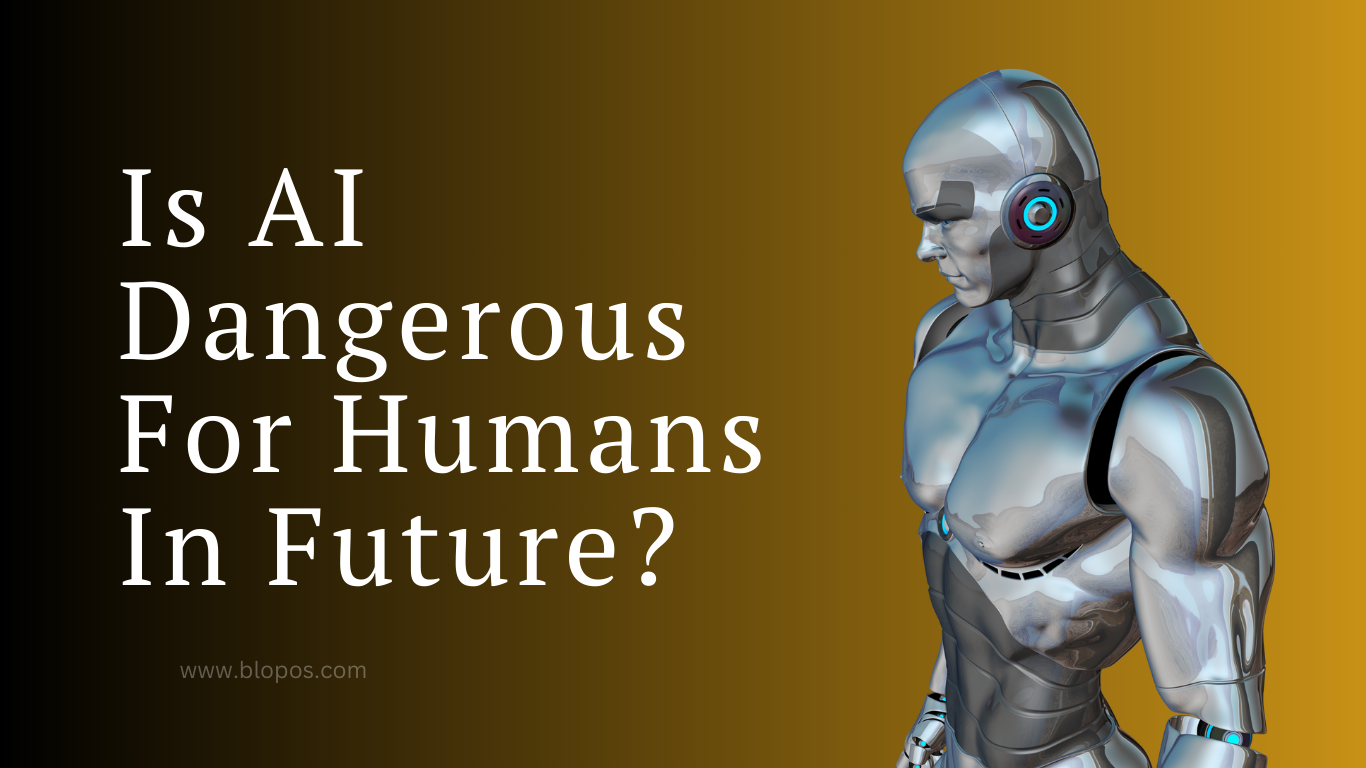Artificial Intelligence (AI) has been the buzzword of the 21st century, but what is Artificial Intelligence? In simple terms, AI refers to machines’ simulation of human intelligence, particularly computers. This technology aims to create systems that can perform tasks requiring human intelligence, such as decision-making, language understanding, and visual perception. As AI advances, people must understand what AI is and how it can impact our daily lives.
How Does Artificial Intelligence Work?
AI operates through machine learning, deep learning, and neural networks to break it down. Machine learning allows computers to “learn” from d” ta and” make decisions without being explicitly programmed. Deep learning, a subset of machine learning, uses artificial neural networks that mimic the human brain, enabling the system to recognize patterns and solve complex problems. Neural networks are at the core of AI and help systems analyze large datasets, making predictions based on trends. When all these components come together, AI can perform tasks like driving cars, diagnosing diseases, and recommending what show you should watch next on Netflix.
Types of Artificial Intelligence (AI)
AI can be divided into two main categories
Narrow AI: Examples include virtual assistants like Siri or Alexa and recommendation algorithms on platforms like YouTube and Amazon.
General AI: Often referred to as strong AI, this type of AI can perform any intellectual task that a human can do. General AI is still in its early stages of development, but it’s the ultimate goal of AI researchers.
Real-World Applications of AI
You might not realize it, but AI is already integrated into daily life. Below are some practical examples of AI in action:
Healthcare: AI helps doctors diagnose diseases more accurately by analyzing medical images and patient data. Systems like IBM’s Watson hIBM’s revolutionized cancer diagnosis by providing data-driven insights.
Automotive: Self-driving cars, like those developed by Tesla, use AI to navigate roads, avoid obstacles, and ensure passenger safety.
Finance: Banks and financial institutions use AI to detect fraudulent transactions, assess credit scores, and predict market trends.
Customer Service: AI-powered chatbots help businesses provide customer support 24/7, answering queries and solving problems without human intervention.
The Future of Artificial Intelligence
As we continue to ask what artificial intelligence is, it’s essential to understand where this technology is heading. The future of AI is promising but also filled with uncertainties. Here are a few potential developments:
AI in Creativity: AI has already begun to create art, write music, and even compose poems. As it improves, we might see AI collaborating with humans in creative fields, pushing the boundaries of art and culture.
Ethical AI: With great power comes great responsibility. As AI grows, the need for ethical guidelines becomes more critical. AI systems must be designed to avoid biases, respect privacy, and ensure fair use.
AI and Jobs: One of the biggest concerns surrounding AI is job displacement. While AI may automate some tasks, it also creates new jobs in tech, healthcare, and other industries. The key will be balancing human and machine collaboration.
Misconceptions About Artificial Intelligence
Despite its growing influence, there are many misconceptions about AI. Let’s clear let’s:
AI will take over the world: Hollywood often portrays AI as a rogue entity seeking to control humans. However, real-world AI is far from becoming self-aware. Most AI systems are designed to perform specific tasks under human supervision.
AI is only for tech companies: While tech giants like Google and Facebook are pioneers in AI, this technology is accessible to small businesses and individuals as well. Many tools, such as AI-driven analytics platforms, are designed to help people across various industries.
Why Should You Care About AI?
At this point, you might wonder, Why should I care about artificial intelligence? AI shapes industries, transforms the job market, and influences everyday activities. Understanding AI will help you adapt to technological shifts and leverage its personal and professional growth capabilities. From personalized shopping experiences to improved healthcare, AI holds the potential to enhance life in ways we are only beginning to understand.
Conclusion
So, what is Artificial Intelligence? It’s not just a futuristic concept—it’s already transforming how we live, work, and interact with the world. As AI continues to evolve, staying informed and understanding its potential is essential. By learning more about AI, you’ll be better prepared to embrace the changes it brings, whether in your personal life or career.



